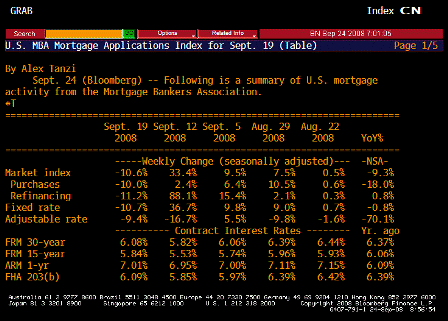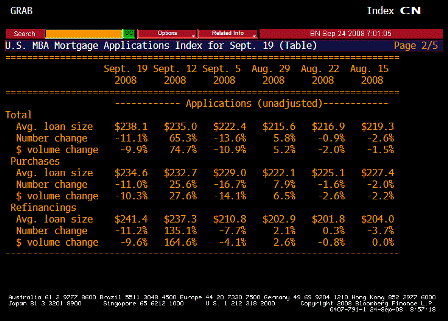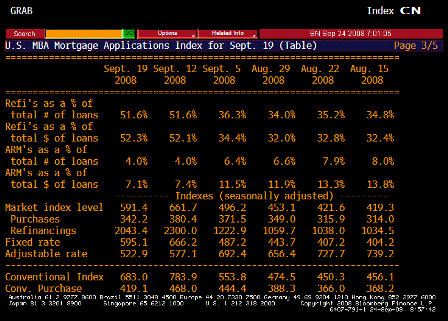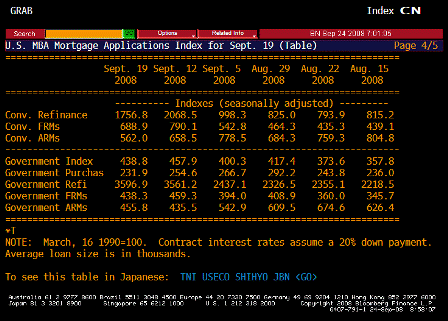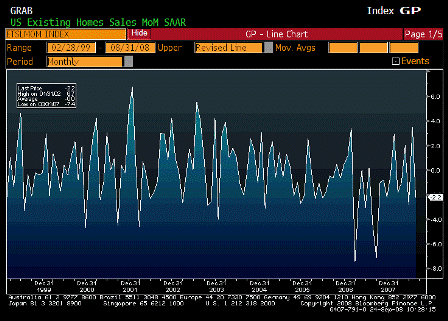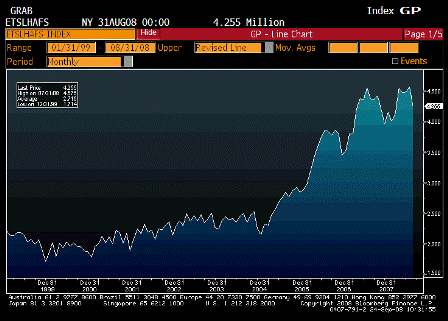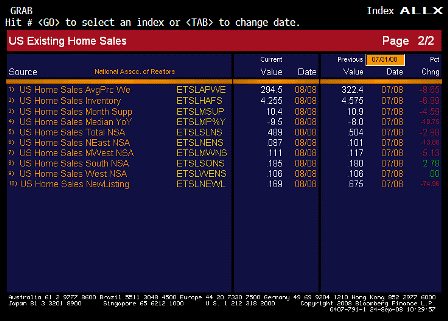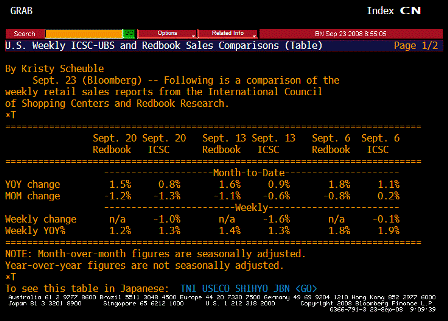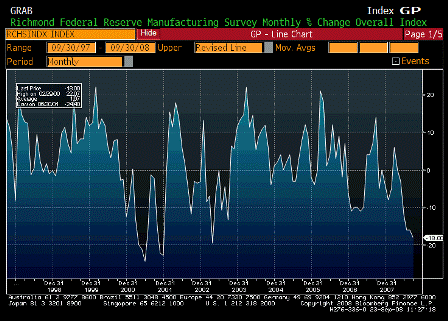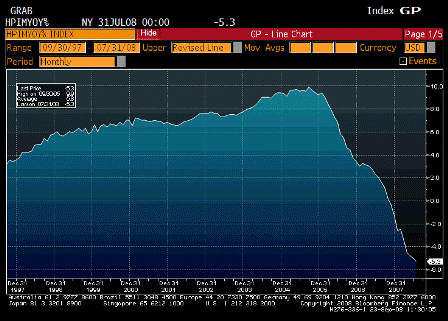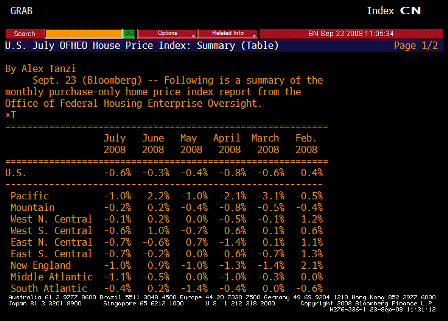This displays a profound misunderstanding that is also likely shared by the McCain campaign.
From an email from the Obama campaign to supporters sent last night.
Friend —
The era of greed and irresponsibility on Wall Street and in Washington has created a financial crisis as profound as any we have faced since the Great Depression.
While not technically incorrect in terms of defaults and a few other financial measures, the financial crisis of the depression resulted in a collapse in GDP and double-digit unemployment. This financial crisis hasn’t even yet caused two quarters of negative GDP, and unemployment of 6.5% isn’t (yet) anywhere near the levels of recent recessions.
Congress and the President are debating a bailout of our financial institutions with a price tag of $700 billion or more in taxpayer dollars. We cannot underestimate our responsibility in taking such an enormous step.
The $700B is not the price tag for tax payers. The fiscal cost is equal to the losses government might take if they overpay for the securities they are purchasing.
Whatever shape our recovery plan takes, it must be guided by core principles of fairness, balance, and responsibility to one another.
Agreed, and a good working knowledge of public accounting would go a long way to getting there.
Please sign on to show your support for an economic recovery plan based on the following:
• No Golden Parachutes — Taxpayer dollars should not be used to reward the irresponsible Wall Street executives who helmed this disaster.
• Main Street, Not Just Wall Street — Any bailout plan must include a payback strategy for taxpayers who are footing the bill and aid to innocent homeowners who are facing foreclosure.
• Bipartisan Oversight — The staggering amount of taxpayer money involved demands a bipartisan board to ensure accountability and oversight.
Show your support and encourage your friends and family to join you:
http://my.barackobama.com/ourplan
The failed economic policies and the same corrupt culture that led us into this mess will not help get us out of it. We need to get to work immediately on reforming the broken government — and the broken politics — that allowed this crisis to happen in the first place.
Yes, like putting controls in place to minimize fraudulent loan applications. But I suspect lenders have already done that.
And we have to understand that a recovery package is just the beginning. We have a plan that will guarantee our long-term prosperity — including tax cuts for 95 percent of families, an economic stimulus package that creates millions of new jobs and leads us towards energy independence, and health care that is affordable to every American.
Increasing demand before cutting our crude and gasoline imports will result in deteriorating terms of trade and a declining standard of living.
It won’t be easy. The kind of change we’re looking for never is.
Particularly when no one in Washington seems to understand public accounting.
But if we work together and stand by these principles, we can get through this crisis and emerge a stronger nation.
Yes, worst case the fiscal ‘automatic stabilizers’ will get us through as they always have.
Thank you,
Barack
[top]






